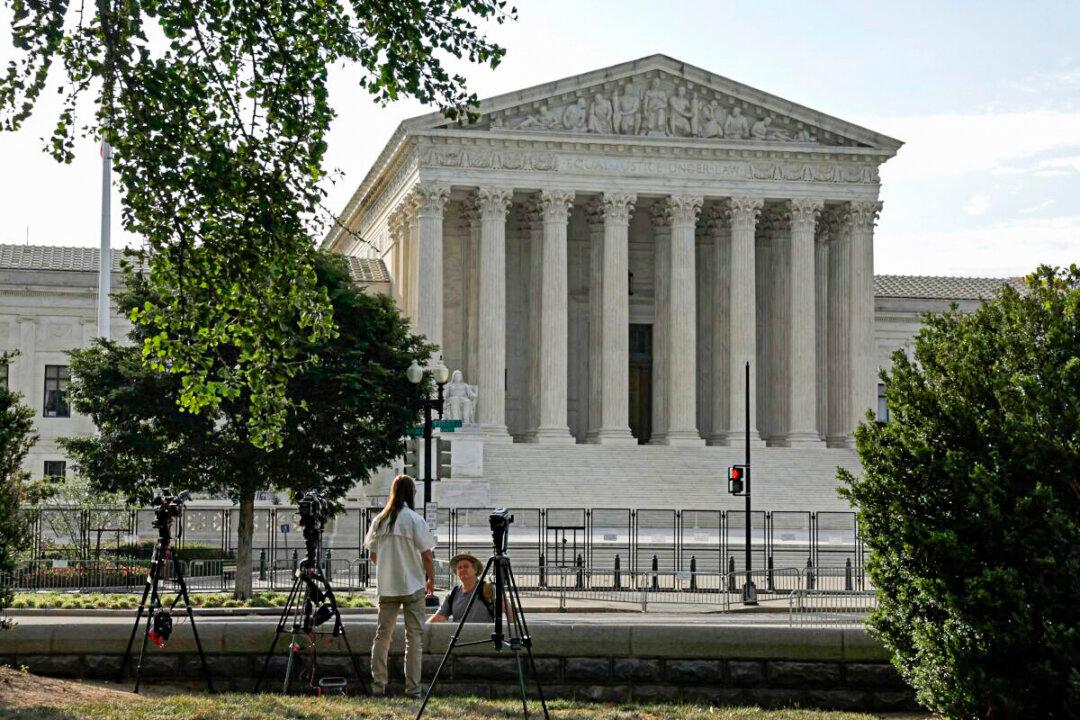More than two dozen states will move to restrict abortions following the Supreme Court’s Friday ruling that overturned Roe v. Wade and Planned Parenthood v. Casey.
The Guttmacher Institute, a research group, says that 13 states have “trigger laws” that bar most abortions that will take effect immediately after the ruling Friday. They are Arkansas, Idaho, Kentucky, Louisiana, Mississippi, Missouri, North Dakota, Oklahoma, South Dakota, Tennessee, Texas, Utah, and Wyoming.





